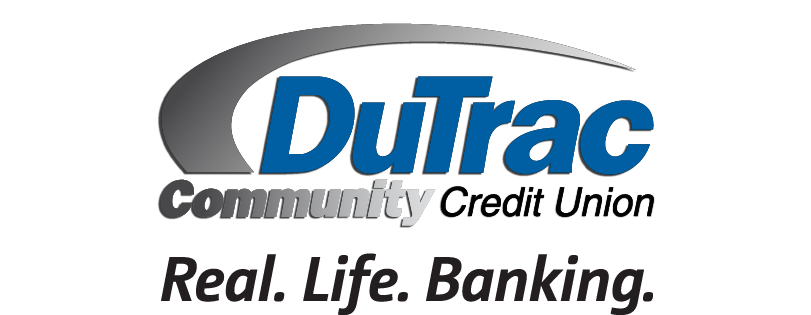According to the Federal Trade Commission, a new federal law allows you to get free credit freezes for yourself and your children, and year-long fraud alerts. Currently, you may be charged fees to freeze and unfreeze your credit, depending on which state you reside in.
How Credit Freezes Work
Freezing your credit prevents creditors from accessing your credit report – making it more difficult for fraudsters to open new credit, loans and other services in your name.
You must place credit freezes with each of the three major credit reporting companies: Equifax, Experian and TransUnion. Typically, you are assigned a PIN that allows you to freeze and unfreeze your credit as needed. Credit freezes do not affect your current credit and loan accounts.
Credit Freezes for Children
This new federal law will also give you the ability to freeze your children’s credit until they are old enough to use it. Prior to this law, only certain states allowed parents to do so, and many charged fees for this service.
Things to Remember When Doing a Credit Freeze
- A credit freeze can create hurdles when you need to apply for new credit.
- The freeze remains active until you remove it, so it is important to plan ahead by unfreezing your credit before applying for any new credit or loans.
- Under the new law, you can also sign up for year-long fraud alerts. With fraud alerts, businesses must verify your identity before issuing credit. This extends the current 90-day alert period.
Find out whether your state currently charges fees to freeze your credit.

